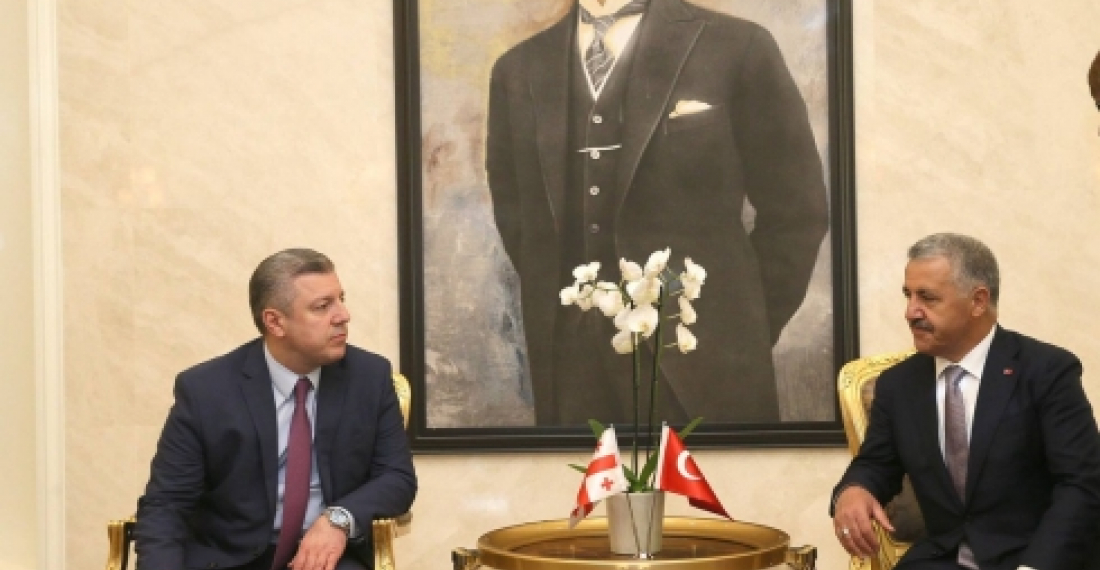Georgia and Turkey have agreed to consolidate the strategic partnership between them with the establishment of a High Level Strategic Council. The measure was announced during a visit to Turkey on Tuesday (19 July) by Georgian Prime Minister, Giorgi Kvirikashvili. Kvirikashvili was the first foreign leader to visit Turkey following last Friday's failed coup attempt against the democratically elected government of Turkey.
During his visit to Ankara the Georgian Prime Minister met his Turkish counterpart Binali Yildrim and the Speaker of the Turkish Grand National Assembly Ismail Kahraman. Following talks between the two sides a number of agreements covering a range of economic issues were signed.
Agenda.ge reported that Kvirikashvili offered his condolences for the victims of the attempted military coup. He underlined the role of a strong and democratic Turkey for preserving regional stability.
During the visit to Ankara Turkish officials reasserted their country's unwavering support for the sovereignty and territorial integrity of Georgia, as well as to its Euro-Atlantic integration aspirations.
source: commonspace.eu with agenda.ge and other agencies
photo: Georgian Prime Minister Giorgi Kvirikashvili met the Prime Minister of Turkey Binali Yildirim during his visit to Ankara on Tuesday 19 July 2016 (picture courtesy of @KviritashviliGi on twitter).






